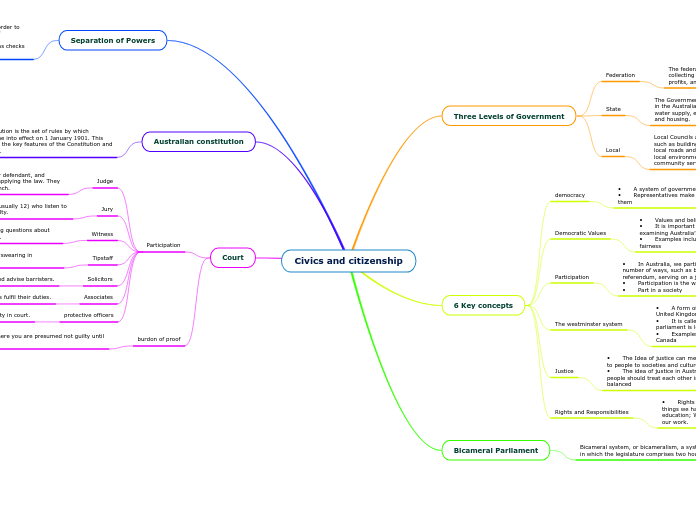John Locke By Erin Lundy
Property
Types of Properties
Earth is considered property of the people for survival and benefit
Property of person: Each person owns their own body
When labor is used for or with a certain object that becomes their property ex. picking an apple, the apple belongs to the person that picked it
Locke placed three restrictions on owning property
1) one may only appropriate as much as one can use before it spoils
2) one must leave “enough and as good” for others
3) one may only appropriate property through one's own labor”
Law of Nature
Certain Moral Truths
Locke beliefs the laws are: 1) a duty to preserve one's self, 2) a duty to preserve others when self-preservation does not conflict, 3) a duty not to take away the life of another, and 4) a duty not to act in a way that “tends to destroy” others.
http://plato.stanford.edu/entries/locke-political/
Applies to all people
Certain rights go along with being human, every person has the same ones
Locke argued against the 10 commandments saying they did not apply to everyone.
Laws were subjective and binding
The Two Treatises
The Second Treatise
In the second treatise he presented his view on government. Locke agreed with what Hobbes has said, that people in their natural form exist in absolute freedom and equality. But unlike Hobbes, Locke believed that people could exist in this “state of nature”. This means people did not need a government the naturally followed order.
The First Treatise
Written during a time when the idea that people could have power over government was beginning to develop.
The first treatise was an attack on Sir Robert Filmer, a religious philosopher. Locke disagreed that Adam had control over human society. He thought this was absurd.
http://study.com/academy/lesson/two-treatises-of-government-by-locke-summary-lesson-quiz.html









